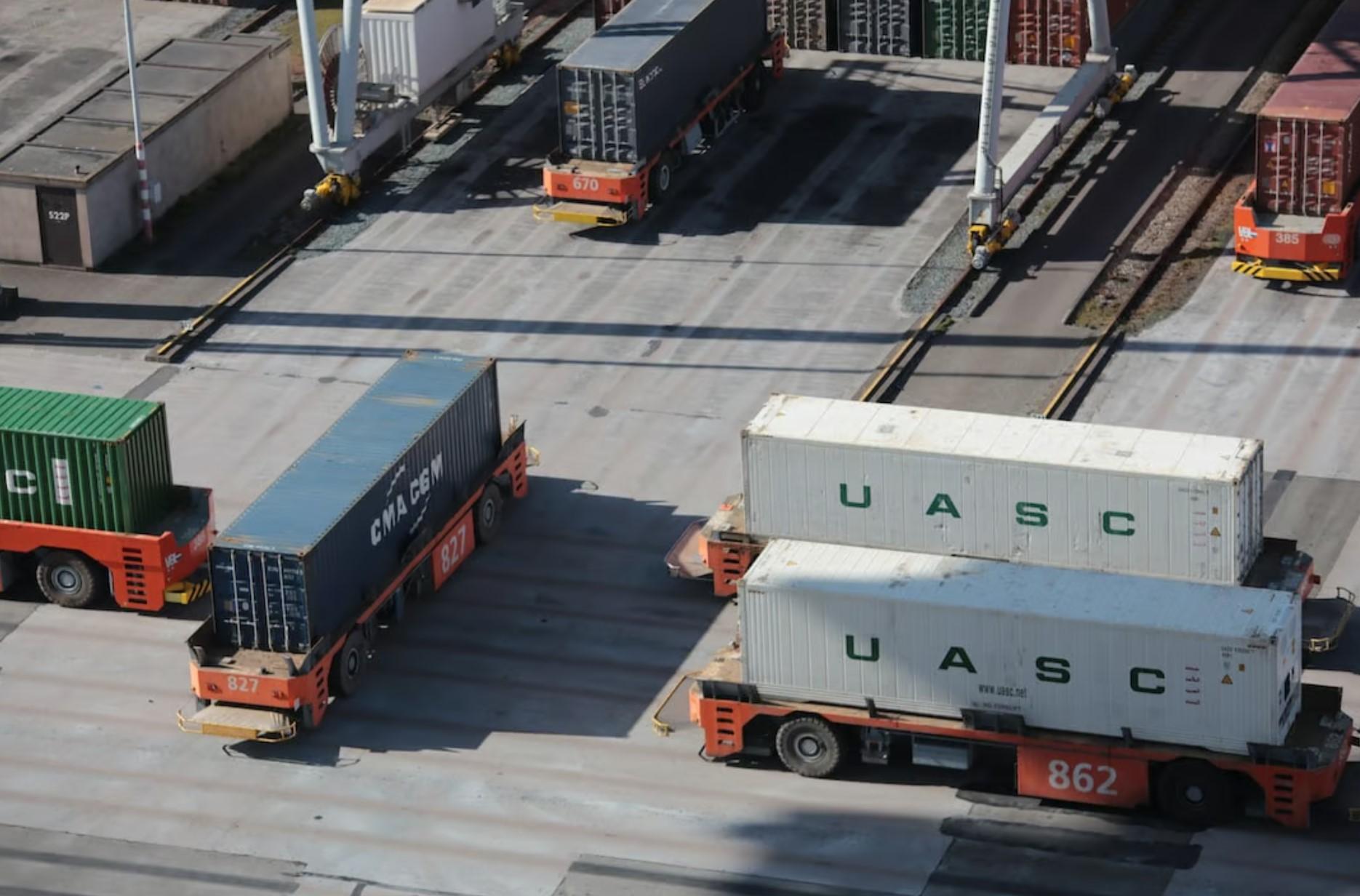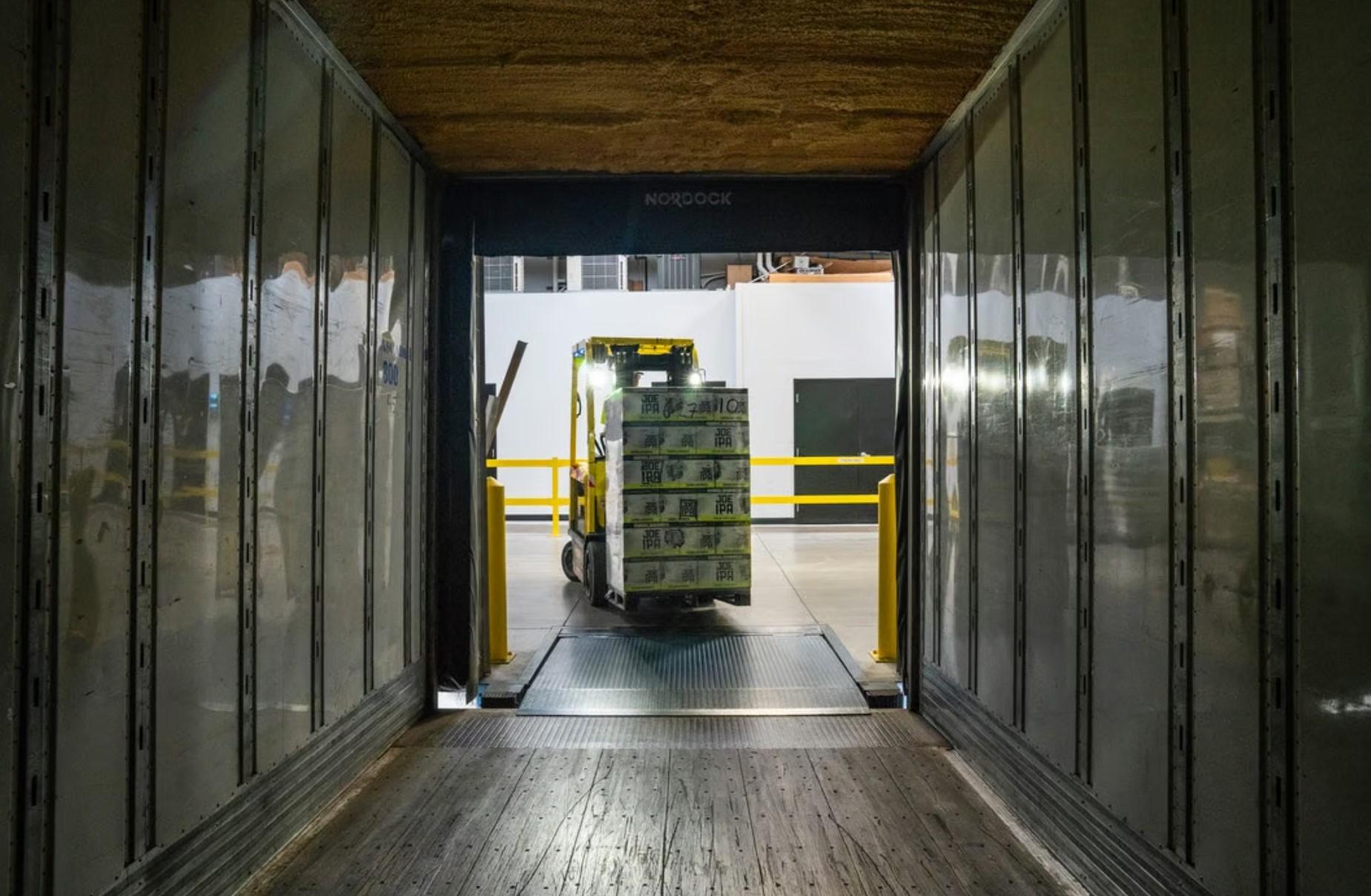Efficient logistics has never been more critical for businesses, whether you’re a multinational corporation or a local retailer. In a constantly evolving marketplace driven by consumer demand for instant gratification, logistics is the backbone of successful operations.
It’s not just about moving products from A to B anymore; it’s about doing so with speed, accuracy, and at the lowest possible cost. In this ultimate guide, we’ll walk you through the intricacies of improving your logistics, navigating through hurdles, leveraging technology, and setting the foundation for a seamless supply chain that grows with your business.
Understanding Your Business Logistics
Logistics, at its core, is the operation that plans and controls the flow of goods from their origin to the point of consumption to meet customer requirements. It’s a puzzle with many parts, including storage, inventory management, transportation, and information integration. But why is it important to understand logistics on a deeper level within your business?
Defining Logistics and Its Impact
Logistics impacts various sectors of your business, influencing your bottom-line profitability, customer service, and even your brand image. By understanding the holistic view of logistics, from procurement to delivery, you can identify potential bottlenecks and areas for improvement.
Identifying Key Components
The first step to improving your business logistics is to identify the core components specific to your operations. This could include inventory management strategies, carrier selection and relationships, warehouse systems, and more. Each component is interdependent, and a weak link can cause a chain reaction leading to logistical breakdowns.
Common Logistics Challenges
Logistics is never a walk in the park; there are common challenges that most businesses face on a regular basis, including the following:
Transportation
Issues can include carrier delays, fuel surcharges, changing regulations, and the perennial high cost of transportation. Each of these factors can contribute to increased lead times and operational costs. And, learning more about the Adexin transport optimisation solutions, and other similar ones can help you come up with innovative solutions. That way, you can stay ahead of the game and keep your transportation operations running smoothly.
Inventory
Poor inventory management can lead to stockouts, overstock, and seasonal fluctuations in demand. These issues all have a direct impact on customer satisfaction and your business’s cash flow.
Warehousing
Inefficient layout and space utilization, lack of modern technology, and misaligned labor force can lead to higher storage costs and slower order processing.
Information Technology
Outdated legacy systems can cause data entry errors, ineffective routing, and a lack of visibility across the supply chain.
Supply Chain Visibility
If you don’t know where your products are in the supply chain, you can’t plan effectively. Lack of visibility can lead to stockouts and missed delivery appointments.
Strategies to Improve Logistics
The road to smoother logistics operations involves several strategic approaches. Addressing the common challenges head-on with the right approach can transform your logistics from a liability into a competitive advantage. Here are a few strategies that can help you to enhance your business logistics:
Technology in Logistics Management
Adopting sophisticated logistics management software can offer better tracking of goods, advanced analytics of your operations, and automated reporting.
Supply Chain Management Optimization
Leverage your supplier relationships for better terms and forecast accuracy. Consider implementing Just-In-Time inventory systems for minimal on-hand stock.
Data Analytics for Logistics
Forecasting and analysis tools can give you insights into your customer’s buying patterns and allow you to optimize routing and transportation methods.
Outsourcing Logistics Services
Through partnerships with third-party logistics providers, you can gain access to a wealth of expertise and resources, including strategically located warehouses, better transportation rates, and advanced supply chain technology.
Future Trends in Logistics
The landscape of logistics is continuously evolving, and as a business owner, it’s crucial to keep an eye on future trends that could transform your operations.
Robotics and Automation
From automated fulfillment centers to driverless delivery vehicles, robotics and automation are poised to revolutionize the logistics industry, increasing speed and efficiency while reducing human error.
Internet of Things (IoT)
By connecting all elements of your supply chain, IoT devices can provide unparalleled visibility, enabling predictive maintenance, and real-time data analysis for better decision-making.
Sustainability in Logistics
Consumers are increasingly demanding eco-friendly solutions, and that includes the transportation and logistics of products. Sustainable initiatives can also lead to cost savings and improved public perception.
The Rise of eCommerce
With the rise of online shopping, businesses need to adapt their logistics to accommodate the unique challenges that come with eCommerce, including small order sizes, returns management, and the growing demand for same-day delivery options.
Effective logistics management is an essential component of any business that deals with the movement of goods, and mastering it can transform your operations. The strategies outlined in this guide, including technology adoption, strategic partnerships, and an eye on future trends, can help you address common challenges and create a logistics framework that meets both your current and future business needs.
Engaging in a continuous improvement cycle for your logistics will not only enhance operational efficiency but also boost customer satisfaction and perhaps, most importantly, ensure a competitive edge in your industry.
Is a freelance tech writer based in the East Continent, is quite fascinated by modern-day gadgets, smartphones, and all the hype and buzz about modern technology on the Internet. Besides this a part-time photographer and love to travel and explore. Follow me on. Twitter, Facebook Or Simply Contact Here. Or Email: [email protected]



![Dragon Quest Walk Apk v1.0.0 for Android with OBB + Data. [June 2019- Closed Beta] Dragon Quest Walk Apk OBB for Android](https://axeetech.com/wp-content/uploads/2019/05/Dragon-Quest-Walk-Apk-Android-.jpg)




Leave a Reply